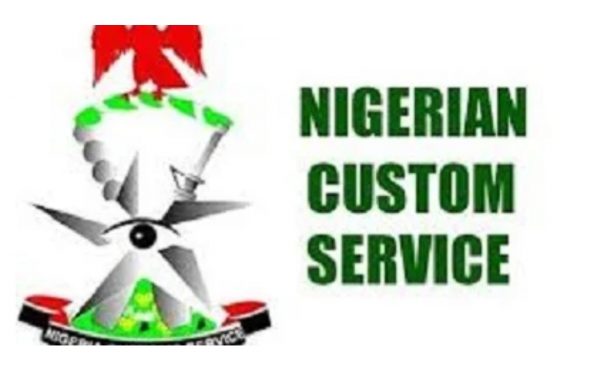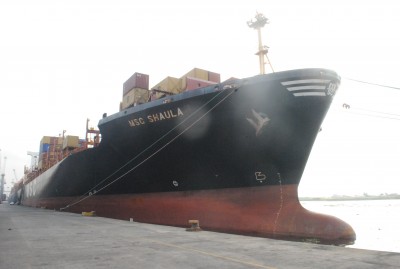Tin Can, PTML Customs Insist On Manual Valuation For Vehicles
By Kenneth Jukpor

Despite the introduction of the centralized national database, Vehicle Registry (VREG) and Vehicle Identification Number (VIN) for easy verification of Customs duty on vehicles at ports; operatives of the Nigeria Customs Service (NCS) still subject importers and freight agents to manual processes at Tin Can Island Command and the Ports and Terminal Multiservices Limited (PTML) Command in Lagos.
The Vice President of the Association of Nigeria Licensed Customs Agents (ANLCA), Dr. Kayode Farinto revealed this during a chat with journalists on Friday.
While the implementation of VIN is said to be targeted at reducing the human interface between Customs and freight agents, Farinto noted that several Customs officers at Tin Can and PTML subject freight agents to manual valuation.
“VIN was introduced by Customs on January 1, 2022. VIN gives Customs an opportunity to have uniform value on the importation of vehicles when they are the same year, the same product and same capacity,” he said.
He, however, observed that there hasn’t been a Customs circular to sensitize the trading public that Customs has started the utilization of VIN.
According to the veteran freight forwarder, the VREG platform has also ushered in novel challenges with the server unable to generate the VREG in the last three weeks.
His words: “The server has been down and it could be down for another 4-5days. Nobody is addressing freight forwarders from Customs as they say it’s not their making. VREG is domiciled in the Federal Ministry of Finance and the issue is believed to be between the consortium and the Ministry.”
“It is very unfortunate that we are talking about trade facilitation and ease of doing business, yet it takes a minimum of 4 days to generate VREG to evacuate a vehicle. Most times, you make the payment and the status doesn’t change. Consequently, you’ll not be able to migrate to the NCS portal to generate the VIN that was introduced in January.”
While Farinto admonished the Minister of Finance, Mrs. Zainab Ahmed to look into the issues affecting VREG in order to simplify it and make the process seamless, he lamented that a lot of people are paying unnecessary demurrage and storage charges since the introduction of VREG.
“I believe that the sector doesn’t need VREG because it seems to be another means to extort importers. If the government wants data of vehicles cleared legitimately from the ports, all they need to do is to liase with the NCS. When experts posit that Nigerian seaports are bedeviled by numerous charges, this VREG is another issue that validates such assertion,” he stressed.
Farinto also asserted that findings on the data in the Customs portal, with regards to duties on vehicles, show that the figures are very outrageous.
Stating that the rates negate the principles of transaction value, he argued that the trading community has a legitimate right to ask questions on the mode of deriving Customs duties.
“We aren’t in a military era, so when I get the value as a freight agent, I should be able to ask how that value was derived. The World Customs Organization (WCO) and World Trade Organization (WTO) have said that Customs formations must make their operations open. Traders and the trading public should know how these things are done,” he posited.
He also warned that the federal government’s propensity to prioritize only revenue generation from the maritime and port sector would kill legitimate port business, cause inflation and heighten land border smuggling as importers seek alternatives to the nation’s overlevied seaports.







